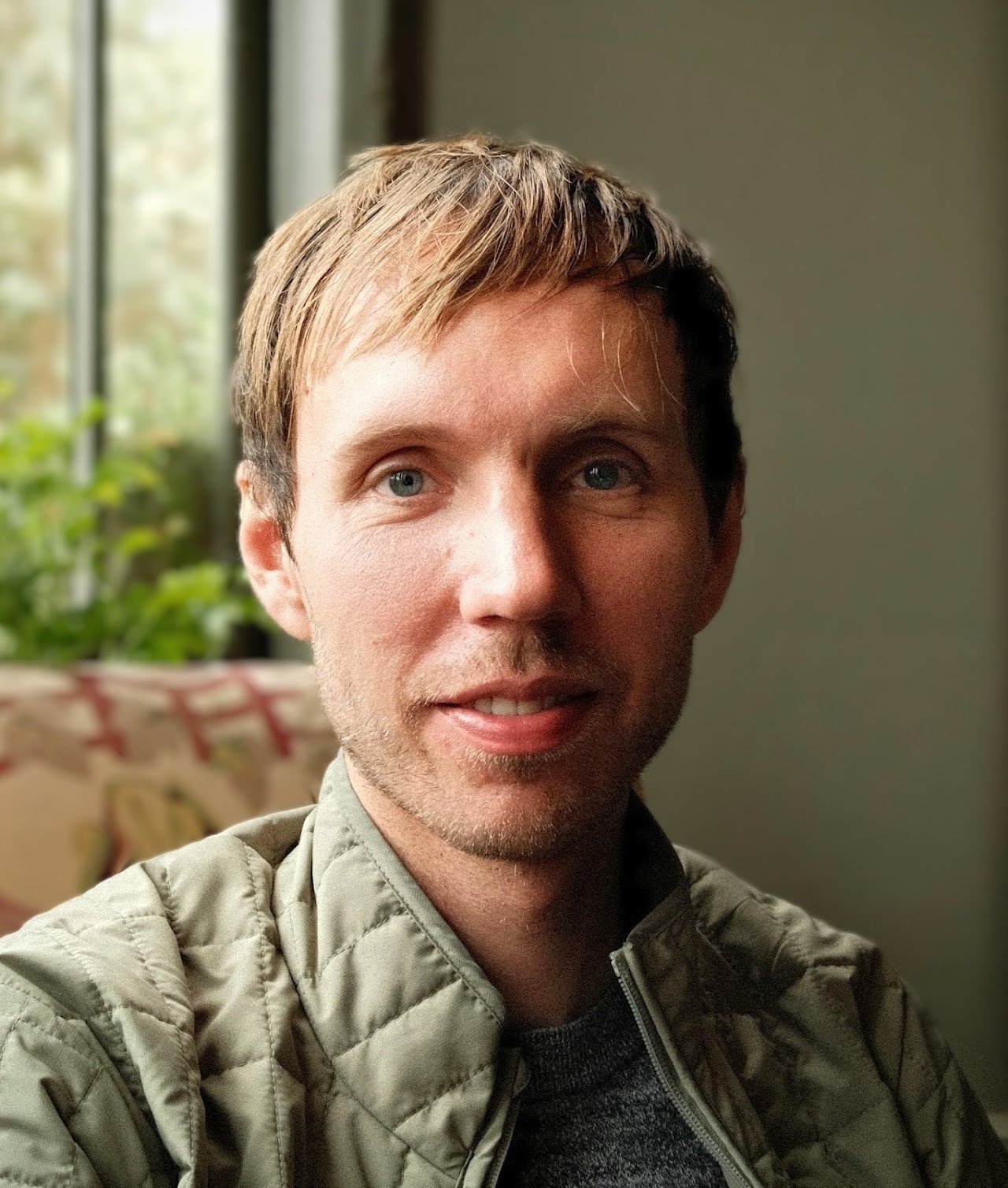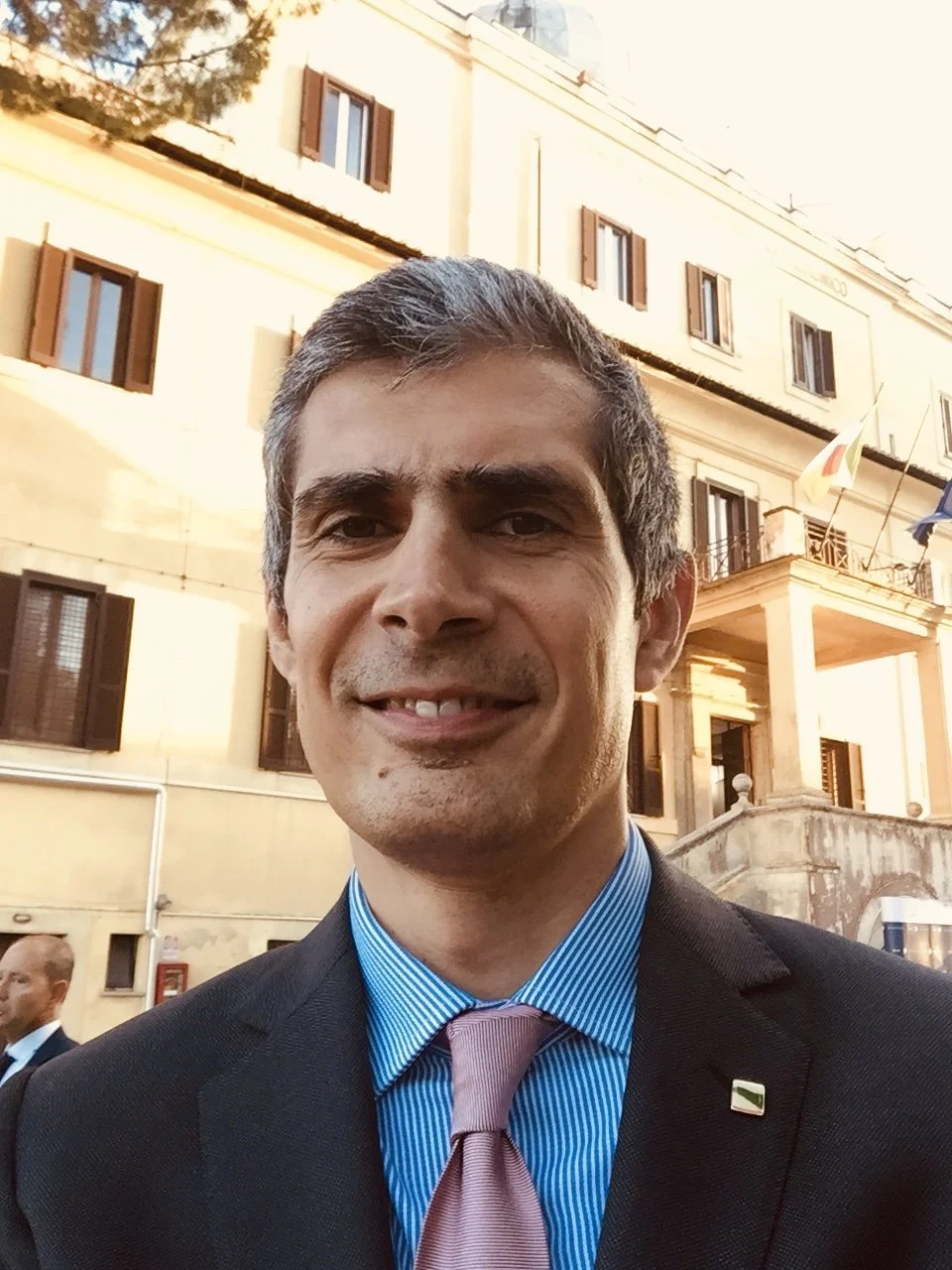Session 2- Do’s and Don’ts for Human, AI, and Robot Collaboration
11:15 AM to 12:15 PM
Studio 4
This session will explore concretely how and where humans collaborate with AI agents and robotic agents. It will focus on the conditions under which such interactions can be socially beneficial. As these technologies become increasingly integrated into workplaces, public institutions, and domestic environments, understanding how to structure cooperation is crucial. The session will explore how tasks and responsibilities are sometimes distributed, from cities like Nantes to research labs, and will ask what we should do to guarantee a trustworthy and safe deployment.
Meet the speakers
-

Ann Nowé
MODERATOR
FARI Academic Director - Vrije Universiteit Brussel (VUB)
Ann Nowé is full professor at the Vrije Universiteit Brussel (VUB) where she is heading the AIlab. Her main research interest is Reinforcement Learning (RL) including Multi-Agent RL and Multi-criteria RL. Her team developed novel algorithms which were tested in domains such as smart grids, communication networks, mechatronics and scheduling problems. She also investigates how RL policies can be made more transparent and be formally verified. Currently , she coordinates the EU Horizon project PEER, peer-ai.eu/en/, Redefining Human-AI Collaboration for Complex Decisions. Within the Flemish AI program, she coordinates the embodied AI challenge.Ann Nowé is a former board member of EurAI (European AI association), IFAAMAS (International Foundation for Autonomous Agents and Multiagent Systems) and chairman of the BNVKI (BeNeLux AI association).
Chair of several international AI conferences, incl. ECAI’23, EWRL’23 and AAMAS’25.
She is also an elected EurAi fellow, initiator of the AI Experience center, https://experience-centre.ai/, and academic director at FARI, The AI institute for the common good at Brussels, www.fari.brussels. -

Tony Belpaeme
SPEAKER
Professor at Ghent University, Senior Researcher at imec and Visiting Professor at the University of Plymouth
Tony Belpaeme is a Professor at Ghent University, Senior Researcher at imec and Visiting Professor at the University of Plymouth. He received his PhD in Computer Science from the Vrije Universiteit Brussel (VUB). At Ghent University he leads a team studying cognitive robotics and human-robot interaction.
Starting from the premise that intelligence is rooted in social interaction, Belpaeme and his research team try to further the science and technology behind artificial intelligence and social human-robot interaction. This results in a spectrum of results, from theoretical insights to practical applications.
He coordinated several large-scale European projects studying how robots can support children while learning a second language (H2020 L2TOR) and how long-term human-robot interaction can be use in pediatric applications (ALIZ-E), and worked on robots for Autism Spectrum Disorder therapy and value-aware Human-Robot Interaction.
-

Alexander Sasha Vezhnevets
SPEAKER
Research Scientist at Google DeepMind
Alexander Sasha Vezhnevets is a staff research scientist at Google DeepMind. He earned his PhD from ETH Zurich. His career has spanned a range of AI topics, including computer vision, hierarchical reinforcement learning, multi-agent reinforcement learning, and generative agent-based modeling. His current research interests focus on multi-agent systems, generative agent based modelling, social cognition, computational social construction, and cultural evolution. He is also interested in bridging ideas across AI, the social sciences, economics, cognitive science, and social psychology.
-

Francesco Raphaël Frieri
SPEAKER
Director General for Resources, Europe, Innovation, and Institutions of the Emilia-Romagna Region
Executive Director for the Cohesion and Development Fund, the National Recovery and Resilience Plan (Next Gen EU plan), and the applications of Generative Artificial Intelligence for Public Administration, including within the European context.
He is currently Executive Director for the Cohesion and Development Fund, the National Recovery and Resilience Plan (Next Gen EU plan), and the applications of Generative Artificial Intelligence for Public Administration, including within the European context.
His work focuses on integrating technological innovation, organizational transformation, and multi-level governance of public policies.
Until September 2025, he served as Director General for Resources, Europe, Innovation, and Institutions of the Emilia-Romagna Region, a position he held since March 2016, also acting as the Chief Digital Officer (CDO). In this role, he coordinated European policies and their evaluation, managed human and financial resources, logistics, property, procurement, and organizational structures. He led regional strategies on ICT, statistics, internal communication, and institutional reorganization, representing the Region in national and European institutions, including the Conference of Regions and the Brussels office.
Among other roles, he is a member of the Advisory Board of the Fondazione Leonardo and part of the National Executive Committee of Andigel (the Italian National Association of General Directors).
Previously, for seven years, he was Director General of the Union of Municipalities of the Lower Romagna, one of Italy’s most advanced inter-municipal collaborations. He promoted integration, cohesion, and change management processes, which generated greater administrative efficiency and higher-quality services for over one hundred thousand residents.
In parallel, he has been a lecturer and trainer for prestigious Italian universities and research centers, collaborating with regional governments, local authorities, ANCI, and Legautonomie, as well as with ministerial think tanks dedicated to performance management and financial programming in Public Administration.
He has published several essays and articles in specialized journals and economic newspapers, and co-authored the volumes Digital Transformation & Smart Working in the Public Administration (Maggioli, 2021) and Unions of Municipalities (Maggioli, 2012).
